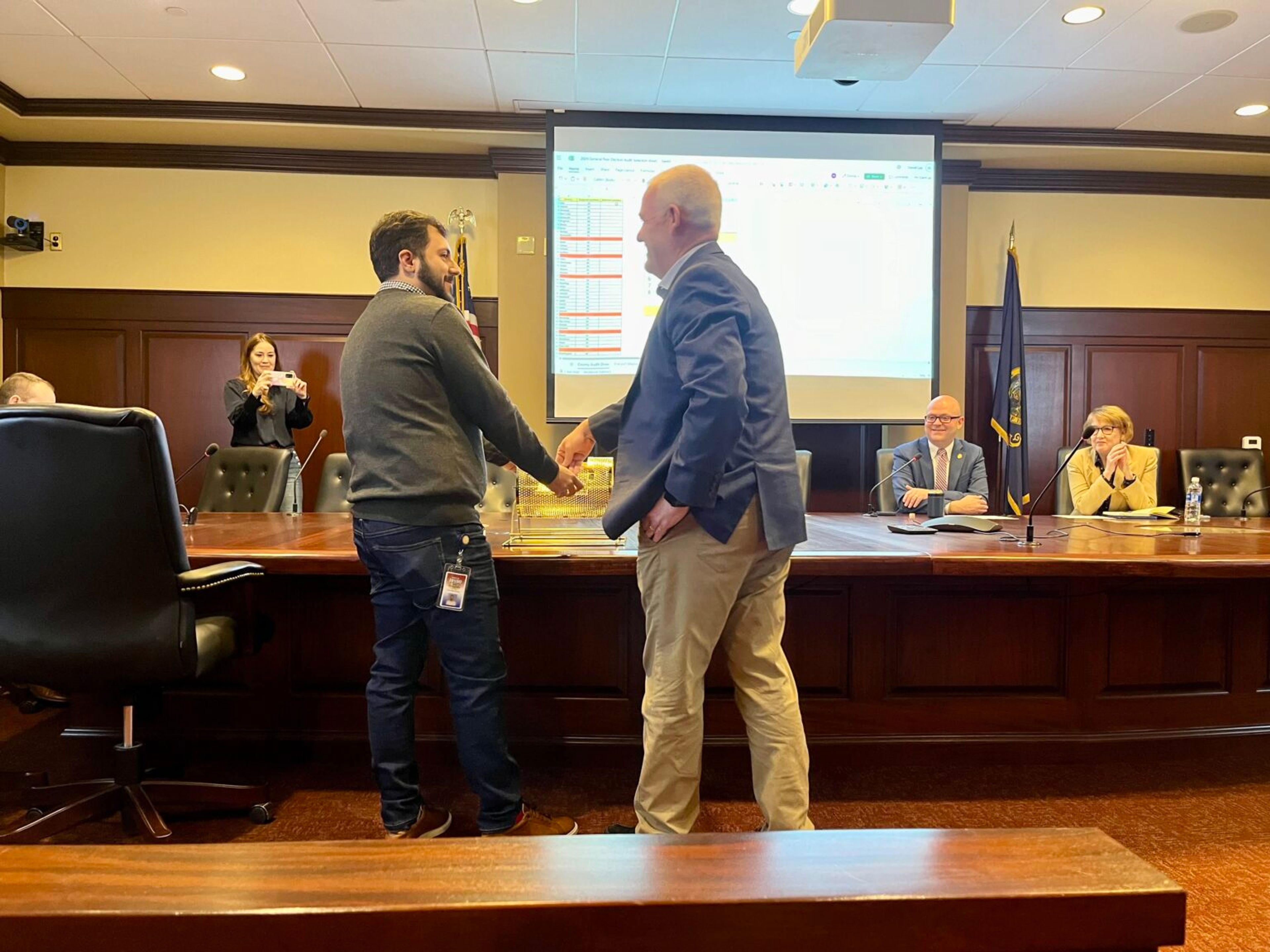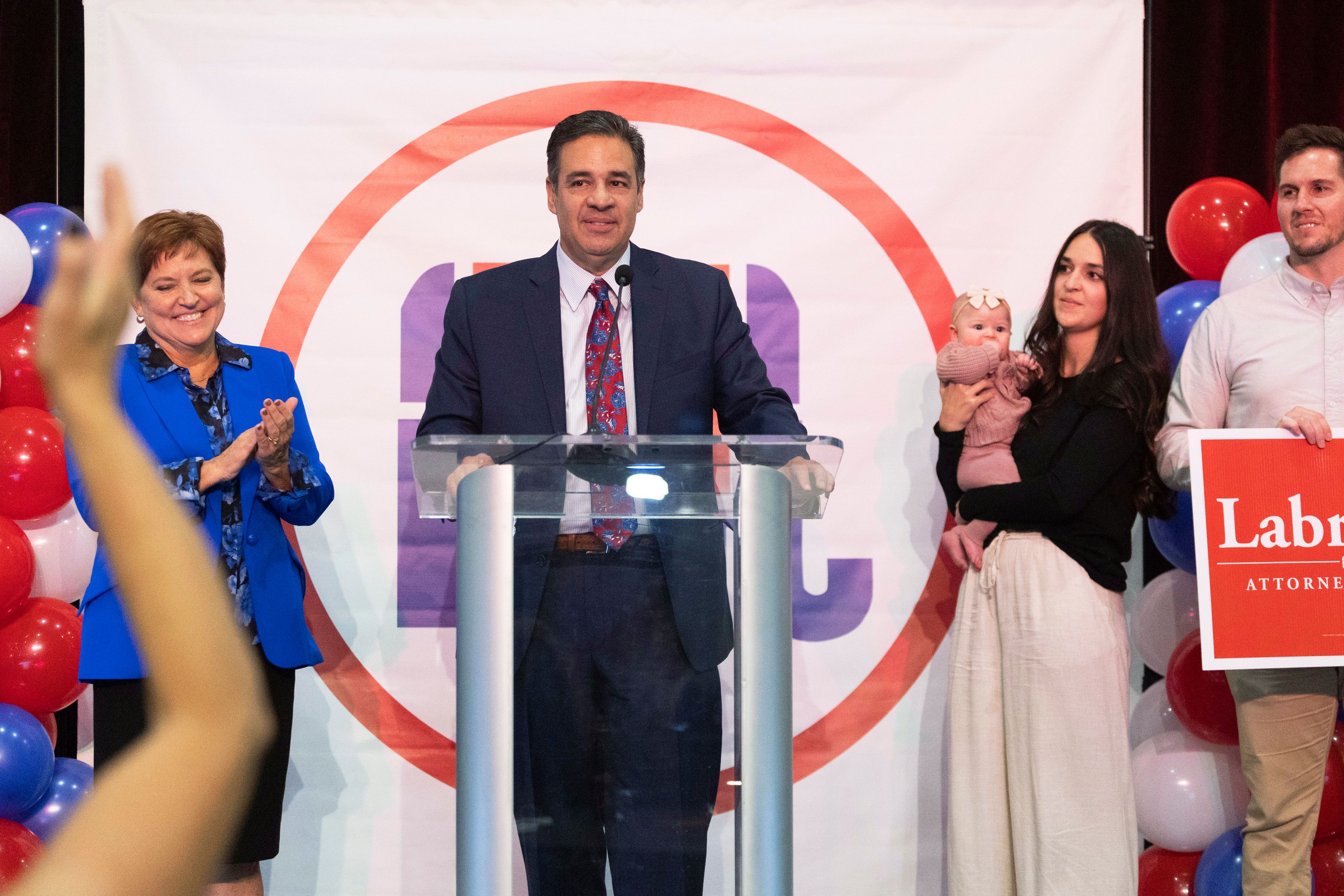Risch backs tax reform
Idaho senator, committee have positive outlook on GOP's bill
Idaho Sen. Jim Risch urged support for the Senate's tax reform bill Tuesday, saying it will lift the burden on small businesses and have a "tangible, positive effect on the American people."
Risch, who is chairman of the Senate Small Business and Entrepreneurship Committee, noted that all members of Congress "have been reading and listening to a lot of negative things about this bill."
During a 30-minute news conference, however, he and other Republican members of his committee, as well as several small business advocacy groups, tried to put a more positive spin on the $1.4 trillion measure.
"We will see greater demand for workers, we will see wages increase and we will see an environment created where more dreamers and doers - those who historically create jobs - can go out and invest more capital, invest in worker training and do all the things they'd like to do to grow their businesses, if only Washington will act," said Sen. Todd Young, R-Ind.
The positive spin ran contrary to analyses by several non-partisan groups - including the Congressional Budget Office and Congress' own Joint Committee on Taxation - which suggest the House and Senate versions of the bill will impede economic growth by adding to an already unsustainable national debt, while steering most of the tax benefits to the wealthiest Americans.
The Joint Tax Committee, for example, released updated numbers last week showing that families with an adjustable gross income of less than $50,000 - who account for 51 percent of all taxpayers - will see a $14.1 billion decrease in income taxes in 2019. The top 1 percent of income earners, by comparison - those with incomes exceeding $500,000 - will see a $59 billion tax cut.
The joint committee analysis also shows that the benefits for lower-income Americans disappear almost immediately. By 2021, those earning less than $50,000 will collectively be paying about $674 million more in taxes than under current law, while the top 1 percent continue to save about $52 billion per year.
By 2025 - when the individual income tax provisions in the Senate bill are set to expire - taxpayers at the bottom end of the scale will pay nearly $5 billion more in taxes, while those earning $1 million or more will still be paying about $15 billion less than under current law.
Risch noted that most small businesses in America are organized as pass-through entities - meaning all business profits are passed on to the owners and shareholders, who then pay taxes based on their individual tax rates.
Consequently, a major focus for the Small Business Committee has been to ensure that lower individual rates are part of the tax reform bill, rather than focusing exclusively or primarily on corporate tax rates.
"Lower tax rates for small businesses is part of the conversation," he said.
The House and Senate reform bills both cost about $1.4 trillion over 10 years. However, the House plan includes about $1.1 trillion in business tax cuts and $200 billion in individual tax cuts, while the Senate version provides $900 billion in individual tax cuts and just $700 billion in business tax cuts. Both measures cut or repeal the estate tax as well, and the Senate bill includes another $318 billion in health care savings by repealing the individual mandate to purchase health insurance.
During Tuesday's press conference, Senate Majority Whip John Cornyn, R-Texas, said the goal of tax reform is to simplify the federal tax code, make it more competitive for American businesses and allow American workers to keep more of their wages.
"Unlike the debate we had on health care, every single member of the Republican Conference is working to get to yes," he said. "As long as people are willing to work in good faith, I think we will have a great victory this week."
His comments came shortly before the Senate Budget Committee passed the reform bill on a 12-11 party-line vote, with no discussion.
This is the same committee that held a series of hearings in 2016 to discuss the ballooning federal debt, focusing on how to change the budget process to force Congress to be more fiscally responsible.
Idaho Sen. Mike Crapo, who sits on the budget committee, voted in favor of the tax reform bill Tuesday, while Washington Sen. Patty Murray voted in opposition. The measure now goes to the full Senate for a vote, possibly as soon as Thursday.
---
Spence may be contacted at bspence@lmtribune.com or (208) 791-9168.









